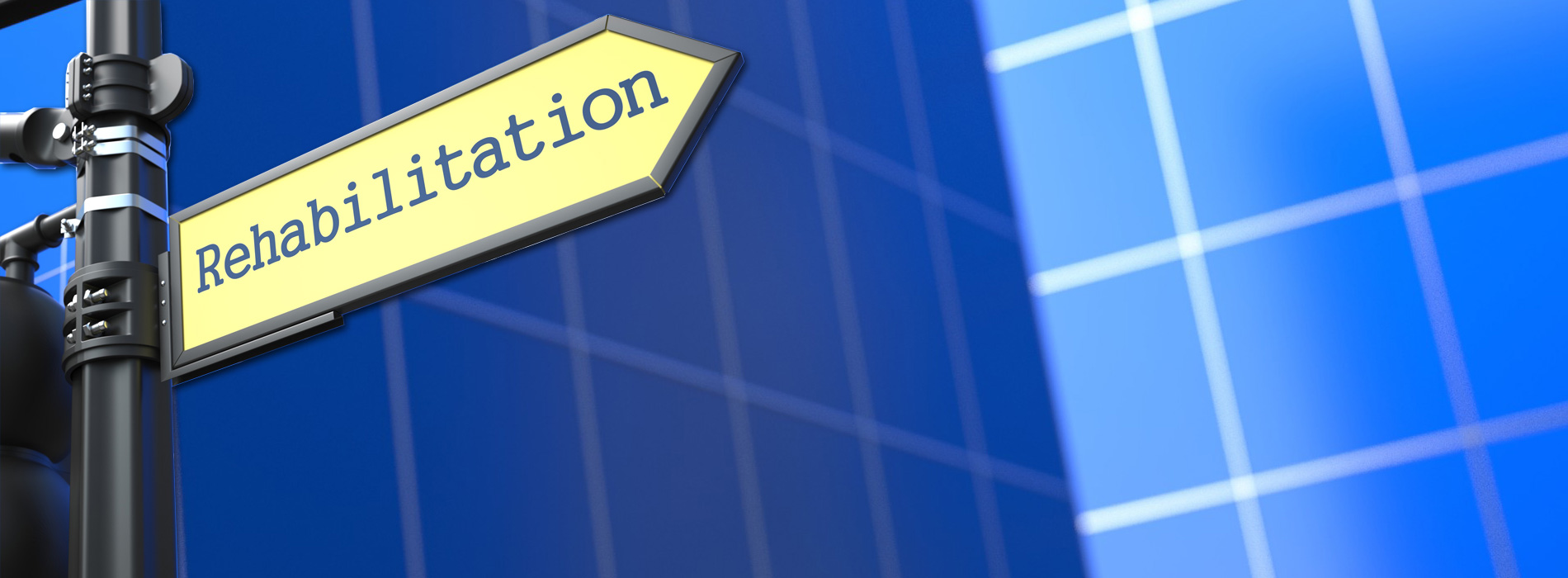
Rehabilitation after Discharge from the Center
Here you are at home after your detox stay in the rehabilitation center, and you think the hard part is over. However, it is only just beginning. You have made it through the withdrawals, the pain, and the major physical changes but now you need to start to plan your continued rehabilitation and your life away from drugs and alcohol. These plans are important because it helps you cope, avoid, and move forward from the drugs and alcohol. These are the skills that you are going to need to remain drug-free and sober.
Immediate Discharge
Immediately after being discharged from the rehabilitation center, you need to focus on friends and family that support your recovery with these craving or when you want to use drugs or alcohol again. You can learn to change habits, friends, and places that make you think of the old days when you did not care about your body or when you put dangerous toxins into your one and only body.
Follow-Up with Counselors
There are usually follow-up visits with counselors at 30, 60, and 90 days after you leave detoxification (detox). These are very important to maintain and continue your steps forward in recovery. These visits are usually discussions regarding how and what you are doing on a daily basis, advice to help with any issues that you are having problems with. During counseling, try to be honest and forthcoming with your counselor.
Substance abuse specialists cannot read minds and do not walk in your shoes, so you telling them what is actually going on is your responsibility. Additionally, this is the time to take the responsibility for not using or drinking alcohol. These talks can help with issues of your living area, and if you do not have a strong support system, the counselor can get you into a housing situation that will be most beneficial for your aftercare.
Group Therapy
Upon discharge from the rehabilitation center, you have great risk in relapsing. All the pain and hard work you have completed will go down the drain if you do not follow directions and refrain from using drugs and/or alcohol. Group discussion sessions are a good way to keep in touch during recovery, as you will be talking to others that are dealing with the same issues, or even ones that are a little ahead in the recovery process. These people can help you understand drug addiction so you can move forward instead of relapsing.
The saying “you take one step forward and two steps back” applies here, so you cannot afford to take any steps back. Moving forward is the key to a successful recovery, and this involves talking and communicating your feelings to maintain strength and be successful. Proper aftercare upon discharge from the rehabilitation center will give you motivation to take every difficult step forward one foot in front of the other.

